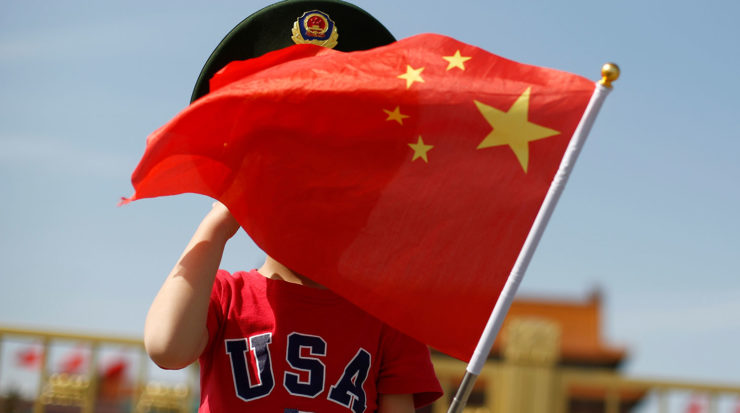
The Biden administration’s contradictory foreign policy has raised doubts among regional experts about how seriously to take its repeated pledges to support the “central role” of ASEAN. In late August the White House administration announced that President Biden would not take up his invitation to the ASEAN summit in Jakarta, but would send Vice President Kamala Harris instead. Nevertheless, in early September, United States Air Force One did indeed fly to Asia, carrying Joe Biden first to the G20 meeting in New Delhi, and then on a state visit to the Vietnamese capital of Hanoi.
According to Muhammad Waffaa Kharisma, of the Centre for Strategic and International Studies in Jakarta, Joe Biden’s failure to attend the ASEAN summit held from September 5-7 may indicate that the US does not believe that the so-called “central role of ASEAN” will help in countering China’s excessive influence in the region: “The US commitment to Southeast Asia has been repeatedly questioned. People are contrasting Biden’s attendance at other forums or summits with close friends such as Japan and South Korea with his no-show at ASEAN.”
In response to the above comments, US National Security Advisor Jake Sullivan responded that the President had sent Vice President Kamala Harris on trips to Southeast Asia twice. “I would put our record of achievement and engagement in the Indo-Pacific up against any American president and any other country in the world in the past two and a half years,” he said to journalists during a conference call. However, by the Indo-Pacific he appears to be referring to the frequent meetings between the US President and the leaders of Japan, South Korea, Australia and New Zealand, and not with those of the Southeast and East Asian countries. For example, on August 18 Joe Biden met with his Japanese and South Korean counterparts at Camp David, the presidential residence in Maryland. It appears, however, that more recent US partners do not count, and are considered to belong to a different region.
There is no doubt that the ASEAN member countries wanted a high-level US presence at their summit, because four out of the ten countries in the group need support in confronting China over the South China Sea, but each new statement made by the Biden administration about the Indo-Pacific Region is met with increasing mistrust by the countries of Southeast Asia. Back at the beginning of his presidential term, Joe Biden declared that the US had an obligation in respect of the territorial status of the Paracel Islands and the Spratly archipelago, and at first he diligently acted in accordance with his plan. However, as Jeffrey D. Bean, from the Observer Research Foundation America, notes, Joe Biden should have kept the momentum going – but this he failed to do.
By missing such important events as the ASEAN summit, and the East summit, which are held simultaneously, Washington is sending out the clear impression that it is neglecting its relations with the countries in South East Asia and undervaluing ASEAN’s role in the region.
Nguyen Van Kien, political observer, exclusively for the online magazine “New Eastern Outlook”.